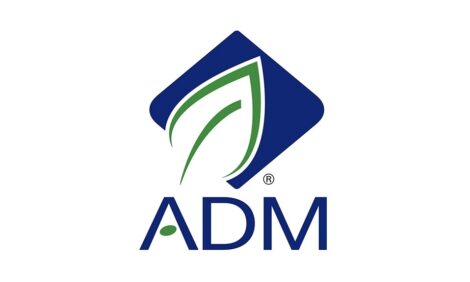



Is Sustainability Profitable?
ANALYSIS - Is sustainability a workable concept in these difficult economic times? Absolutely, said a group of experts at the Animal Ag Sustainability Summit, one of the conferences kicking off International Poultry Week in Atlanta, writes Chris Wright, senior editor of ThePoultrySite.Paul Bredwell from the US Poultry and Egg Association set the stage by saying that the old focus of sustainability was the environment. In the poultry industry, the places to practice sustainability were: feed mills, farms and processing plants.
Today, sustainability has evolved into Corporate Social Responsibility (CSR), which has a much broader scope. CSR must now be tied directly into a company?s strategic plan. Plus, there is a much larger group of stakeholders involved.
The key question, said Bredwell, is whether sustainability programs can survive the recession.
He quoted a June 2010 survey of over 750 CEOs on the issue of sustainability. The results were a bit surprising:
- 93 per cent of the CEO's regarded sustainability as important.
- 78 per cent said the recession made the issue even more important
- 80 per cent said that sustainability was a component of company strategy
Bredwell mentioned the triple bottom line: people, planet, profit. He said that sustainability is where those three areas intersect.
Alan Andrews, from Cal-Maine Foods, the largest egg producer in the US, said that to build a sustainability culture you have to: evaluate the current culture, define sustainability relative to your business model, review its applicability to your business and create an implementation strategy to get the employees to accept the change.
In the end, Cal-Maine defined sustainability as the "capacity to endure." That simple message was then applied to all aspects of their business, every day.
Don Adams from Keystone Foods, an international animal protein supplier, stated that sustainability can enable a company to engage employees and encourage innovation.
Keystone Foods has used the broader scope of Corporate Social Responsibility (CSR) for its sustainability programs, which they even trademarked under the name of KeyStar. They focused first on data entry, capturing those key numbers and putting them in an easy to use data base. From that baseline, changes and improvements could be measured.
Dr Ken Opengart also from Keystone Foods, said that their sustainability efforts on the live production side focus on three primary issues: energy use, water use and total waste sent to the landfill.
Scott Hine, from Novus International, concluded the first day of this two day conference by focusing on the issue of communicating sustainability. He said that sustainability: helps achieve growth, enhances reputations, strengthens long term relationships and deepens employee relations.
Most importantly, sustainability is a differentiator.
To establish a sustainability platform, he said, five steps must take place:
- Be committed to the core
- Choose a standard
- Collect facts and stories
- Report on activity
- Evaluate and set future goals
Focusing specifically on the second step "choosing a standard" he said that Novus has decided to join the Global Reporting Initiative (GRI). It's a network based organization that produces a comprehensive sustainability reporting framework. Many large companies around the world are part of GRI.
Hine said that Novus wanted to connect is sustainability platform to a set of internationally recognized standards, and that GRI provided those standards. Novus' long term goal is to keep improving within the standards set by the GRI.
The International Poultry Expo (IPE) officially starts today, Tuesday, January 24, and runs through Thursday, Jan 26, in Atlanta, Georgia, USA.








